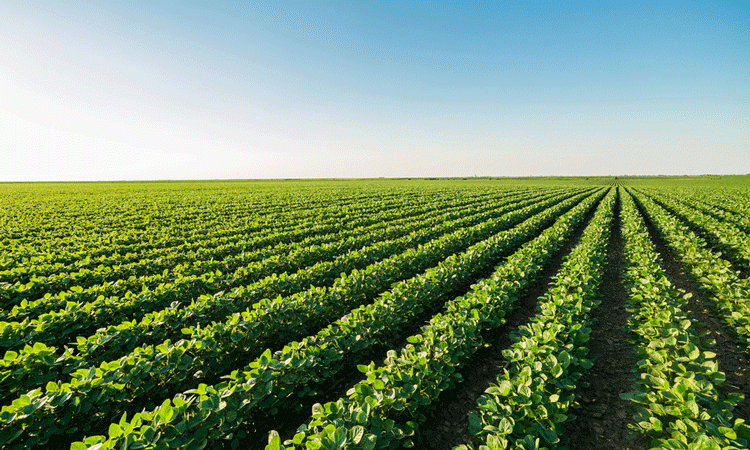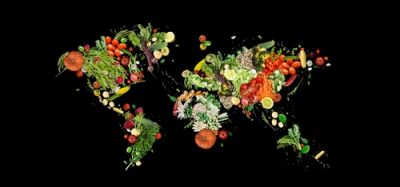Four academics warn of threat to food security posed by no-deal Brexit
- Like
- Digg
- Del
- Tumblr
- VKontakte
- Buffer
- Love This
- Odnoklassniki
- Meneame
- Blogger
- Amazon
- Yahoo Mail
- Gmail
- AOL
- Newsvine
- HackerNews
- Evernote
- MySpace
- Mail.ru
- Viadeo
- Line
- Comments
- Yummly
- SMS
- Viber
- Telegram
- Subscribe
- Skype
- Facebook Messenger
- Kakao
- LiveJournal
- Yammer
- Edgar
- Fintel
- Mix
- Instapaper
- Copy Link
Posted: 24 July 2018 | Iqra Farooq (New Food) | No comments yet
The authors of a new report have called on the Government to publish a proposed migration policy that takes into account the impact EU citizens have on the quantity and quality of the UK’s food supply and services.


A report into the Government’s approach to leaving the EU has warned a hard or ‘no-deal’ Brexit would jeopardise the sustainability and security of the UK’s food supply.
Feeding Britain: Food Security after Brexit by the Food Research Collaboration urged the Government to keep its attention on the food supply chain and warned that whilst the recent Chequers whitepaper was welcome, it ‘injected a fault-line’ between production and service.
Its authors, Professors Tim Lang, Erik Millstone and Terry Marsden, and the Head of Policy at the Chartered Institute of Environmental Health, Tony Lewis, said the whitepaper makes a fundamental mistake in not extending the proposed EU overlap for farming and manufacture to retail and the food service.
They asked whether food attracts enough policy attention in the deliberations so far, referring to the question of migrant workers and their importance in the UK food system. Also, according to the report, the Government is already planning to suspend food regulations in the event of a ‘no-deal’ Brexit, to help keep food flowing.
Professor Tim Lang, Professor of Food Policy at City, University of London, warned that this willingness to ditch standards would compromise consumers’ trust in the UK’s food supply. He said: “Criminals would be alerted to opportunities for food fraud. And the move would send negative signals to the EU, at a delicate time in Brexit negotiations.”
The authors add it may be necessary to forego checks on transport carrying perishable goods, in order to prevent delays. Concerns have been raised that these checks will lead to disruption and congestion at UK entry points.
At the moment, the EU is the source of 30 per cent of food for the UK, and the report indicates that the UK should ‘begin the transition to a more secure, sustainable and healthy approach to food, from production to consumption’.
The report is split into three parts. Part 1 looks at the importance of food within the Brexit process, Part 2 identifies the state of UK food security and Part 3 recognises the significance of reform and how food safety is addressed in the UK.
Advice to the Government, stated within the report, includes:
- Maintaining a clear and explicit focus on possible adverse effects of Brexit on food security
- Ensure high food standards
- Make the migration policy available
- Avoid a hard Brexit
The report also requests the Food Standards Agency (FSA) clarify information posted in the paper Regulating Out Future (ROF) and provide evidence.








